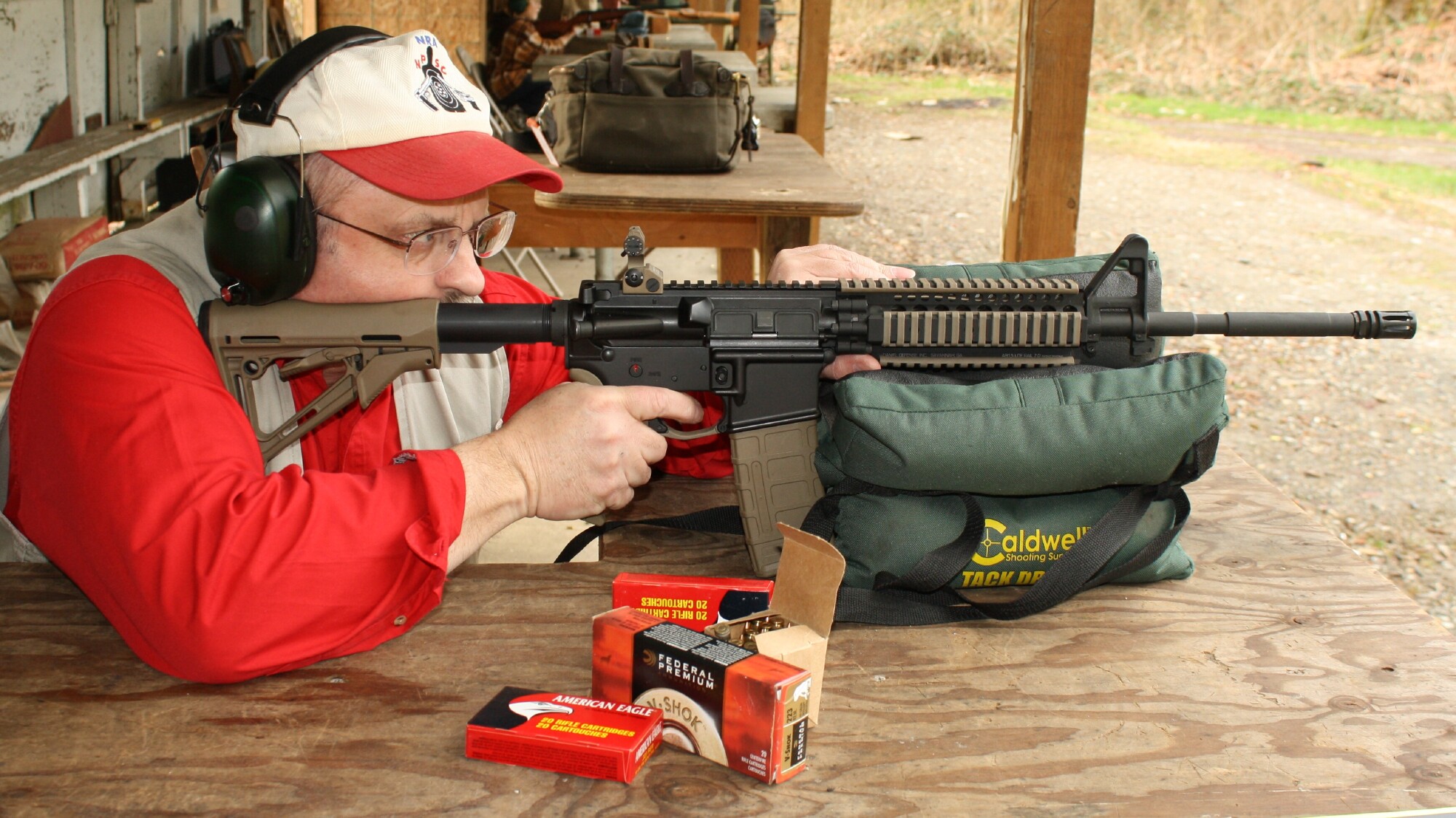
By Dave Workman
Editor-in-Chief
Could the third time be the proverbial charm for a federal civil rights lawsuit challenging Maryland’s ban on so-called “assault weapons?”
The case, which began as Bianchi v. Frosh back in 2021 and is now known as Snope v. Brown, has twice been before the Supreme Court, once in June 2022 when the Court vacated and remanded the case back down to the district court for further evaluation under new guidelines established by the Bruen ruling. Last year, it was submitted again, but the high court declined to review because it had not yet been decided by the Fourth Circuit Court of Appeals.
It was submitted again for consideration during the current term, and it has been distributed for at least two previous conferences last month. When that didn’t happen, observers surmised the case was back on the shelf, but it was announced last week another conference is scheduled this Friday, and those involved are crossing their fingers.
The Snope case involves three powerhouse gun rights organizations, the Second Amendment Foundation, Citizens Committee for the Right to Keep and Bear Arms and Firearms Policy Coalition. They are joined by a private business and two individual citizens. They are represented by attorneys Raymond M. DiGuiseppe at the DiGuiseppe Law Group, P.C., Southport, N.C., and David H. Thompson and Peter A. Patterson at Cooper & Kirk, PLLC in Washington, D.C.
Should the high court take this case, it will send shudders through the gun prohibition movement, which desperately wants to see modern semi-automatic rifles banned for private ownership. In states where they have been banned, a ruling which says such firearms are protected by the Second Amendment could cause considerable upheaval in those states’ statutes.
As noted by SAF in an explanation of the case, “This litigation was started as a good faith attempt to have the Fourth Circuit and/or Supreme Court revisit the issue as Maryland’s law violates the Second Amendment rights of its residents by denying them the ability to acquire and keep arms that are in common use for lawful purposes. The Government cannot ban those arms simply because they do not like the features that they may possess, particularly since they are not dangerous and unusual. Bruen, which was decided while this case was on appeal, reaffirmed that the law should not survive.”



